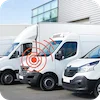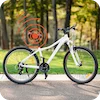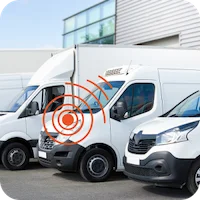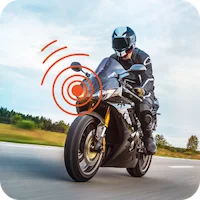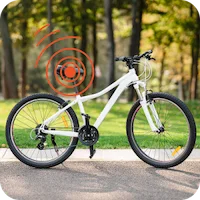How to Choose a Good Fleet Tracking System?
Running a fleet without tracking?
You’re losing time, money, and control.
Whether you manage ten vans or a hundred, the right tracking system gives you full visibility. You get real-time vehicle information, smarter decisions, and fewer surprises.
What vehicle information do you need?
Start with your needs.
How many vehicles are in the fleet?
Are they cars, vans, trucks, or a mix?
Do they stay local or go long-distance?
Do you need live tracking or just location history?
The answers shape the system you choose. A small business with five vans might just need basic location tracking. However, a larger fleet will need more automated alerts, detailed trip data, driver accountability, and fuel reporting. If your vehicles work across regions, you’ll also need coverage that’s not limited to one network.
Think about what vehicle information matters most:
- Location updates in real time
- Trip start and stop times
- Route history and deviations
- Idling reports and unauthorized stops
- Speeding or unsafe driving alerts
These details help reduce wear and tear, boost efficiency, and improve customer service.
How to choose a GPS tracker built for fleet success
Not all GPS devices are the same. A tracker built for fleet use has more than just location data. It needs to be accurate, fast, and always online.
As a rule of thumb, you want to focus on these features:
- Global coverage – Works even across country borders, without signal drops
- High GPS accuracy – Tracks exact locations, even in cities or remote areas
- Instant alarms – Sends notifications for speeding, tampering, or geofence exits
Alerts can be customised to match your needs. For example, you can get notified if a van leaves the depot outside your business hours or if a vehicle enters a restricted area. That’s why businesses choose a specialist GPS tracker for fleet that’s built for fleet requirements.
Your tracker needs an online portal
The GPS device tracks the vehicle. Then you let the portal manage the whole fleet. This is where your data turns into insight to give you more control.
What to expect from a good fleet portal:
- See all vehicles on one map in real time
- Review route history with start/end points, stops, and driving time
- Customize routes for different jobs or zones
- Manage over 100 trackers easily
- Assign user roles: Admin, Fleet Manager, Driver, all with separate logins
- Set up alerts for different users
- Export reports for compliance, HR, or insurance purposes
- Track metrics like idle time, fuel use, and delays using dashboards
Being able to customize access is important. Ultimately, you don’t want drivers seeing everything but your operations team needs full visibility. Some systems can even integrate with job scheduling tools and maintenance logs. In short, fewer apps, faster workflows, and happy clients.
Better tracking makes better businesses
You might find yourself asking: Why do I need all these tracking data? The answer is because they enhance customer service. Live tracking is a must to gather vehicle information in real time.
A delivery is running late? You can use live tracking to give an accurate ETA. A vehicle is unexpectedly off-road? No worry, you’ll be informed instantly and you can react faster.
Besides, it’s not just live tracking. Tracking vehicle information has many advantages:
- Better route planning and low fuel use.
- Clear reports and low downtime risks.
- Driver behavior monitoring and low risks of accidents.
In conclusion, a good fleet tracking system is a game-changer. Get a tracker with the right vehicle information for your business.

